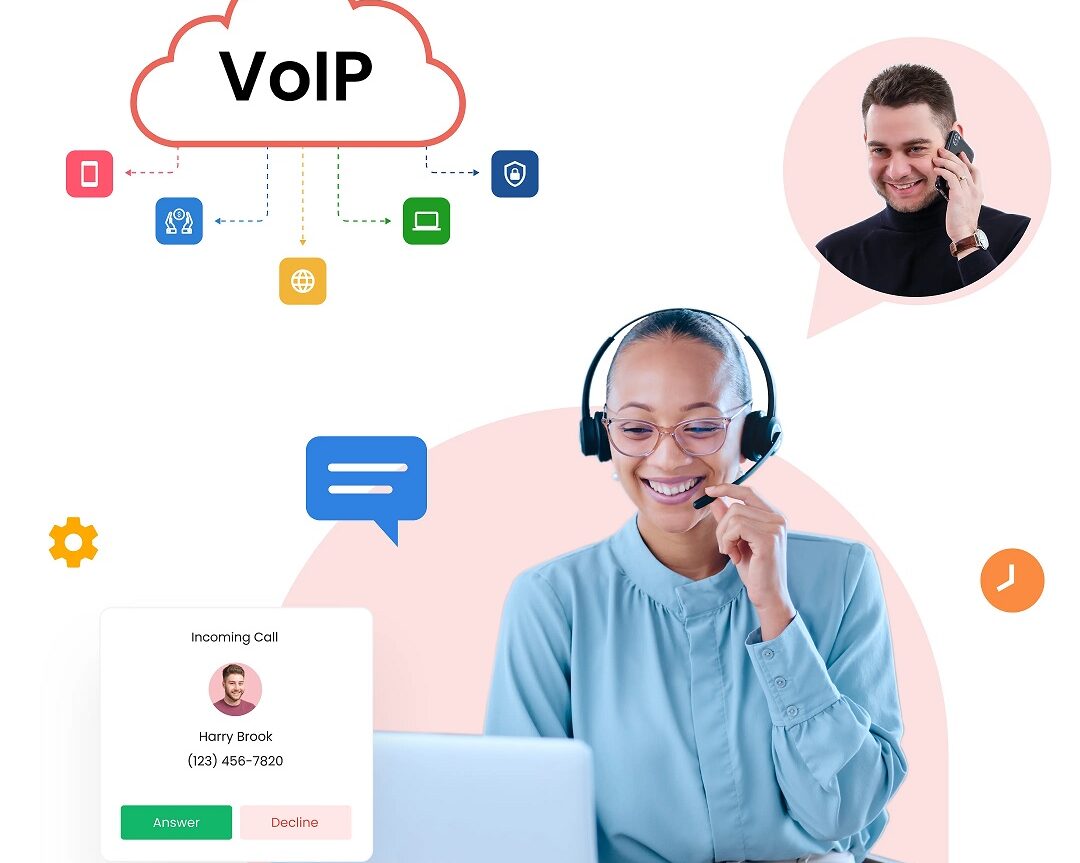Blogs
Benefits of Collaborating with Lead Generation Providers
How Do Lead Generation Providers Help Your Company?
Lead generation is a challenging process that involves...
Outsource Inbound Calls to Add Value to Your Business
Why Outsource Inbound Calls Process?
Even though your business is doing well, still you have to tackle a lot of...
Transform Communication with VoIP Provider for Call Center
Why Hire a VoIP Provider for Call Center?
Working in call centers is typically a challenging job wherein employees...
What is Call Center Call Monitoring?
Why Call Center Call Monitoring is Important?
Call Center Call Monitoring is an effective way to learn about your...
Outbound Call Software: Benefits, Features & More
What is Outbound Call Software?
Outbound Call Software has become an essential part of all businesses as outgoing...
Key Advantages of VoIP PBX Services
What are VoIP PBX Services?
Effective communication is key to success for every business so companies should have...
What is an Inbound Call Center Software?
Why Does Your Business Need Inbound Call Center Software?
There are several ways to communicate with customers in...
Inbound Call Services: Navigating Customer Communication with Excellence
What is an Inbound Call Service?
Inbound call services represent a critical facet of customer communication...
What are Call Center Outsourcing Solutions?
How Call Center Outsourcing Solutions Can Help in Your Business Growth?
In a business lifespan, there are various...
Key Advantages of Automated Call Software
How Automated Call Software Improves Customer Communication?
Today, automation has emerged as an essential...
Features of Cloud Based Auto Dialer Software
What is a Cloud Based Auto Dialer?
Nowadays, call centers are switching to automated solutions to enhance the...
Improve Call Connect Rate with Auto Dialer Solution
How Auto Dialer Solution Can Make Your Outbound Calling Campaigns Effective?
An auto call center dialer is an...












